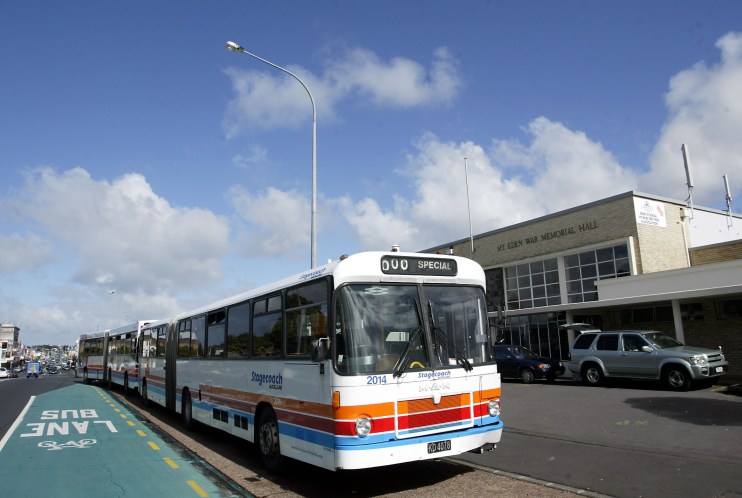Bus privatisation a ‘masterclass in how not to run a public service’, report finds

The privatisation of the UK’s bus industry three decades ago has proved a “masterclass in how not to run an essential public service”, a new report into the sector has found.
Philip Alston, a law professor and former UN special rapporteur for poverty, said that since Margaret Thatcher’s reforms in 1985, the country had been left with an “unreliable, fragmented, and dysfunctional” bus network.
He added that “bus operators have prioritized profits and dividends— extracting money from the system—and cut essential routes.”
Unlike in London, where bus travel lies under the aegis of Transport for London (TfL), across most of England bus services are run solely by private sector players.
“Deregulation has left England, Scotland, and Wales with a vital public service run almost entirely by the private sector, with no minimum service frequency standards, and no authority responsible for ensuring local buses meet residents’ needs”, the report said.
“Numerous reports from civil society and official institutions document a system that is broken and at odds with the UK’s own social and transportation objectives and climate change goals.”
It added that for those dependent on bus services, deregulation had resulted in serious consequences such as shutting people out of work, education and healthcare.
In the future, bus transport should be put in the hands of public authorities, the paper concluded.
RMT union general secretary Mick Lynch said: “This report is completely right in its assessment that privatisation and deregulation has created a bus network which is ‘expensive, unreliable and dysfunctional’ and does not work for passengers.
“For many, bus services provide a vital link to their communities, and as the report highlights, poor bus services restrict access to work, education, healthcare and food and certain parts of society, including people living in poverty, older people, women and disabled people are particularly affected.
“It is clear that bus privatisation and deregulation has completely failed, and this report should be a wake-up call for the Government.”
Since the 1970s, the number of bus journeys made in the UK has nearly halved, from 8.6bn to 4.5bn last year. More than half of these were made in London.
The report comes after Boris Johnson unveiled £3bn worth of new funding earlier this year to make the bus the country’s “transport of choice”.
As part of the “National Bus Strategy”, the government has pledged to deliver 4,000 new British-built electric or hydrogen buses.
Under the plan, the government will simplify existing fares structures. It will introduce a price cap, meaning that passengers can take as many buses as they want a day without prices spiralling.
It will also build hundreds of miles of new bus lanes, and increase the number of services in the evening and at the weekend.